UK terror-related arrests rise to record 379
Home Office says number of people detained for terrorism-linked offences soared by 68% in a year
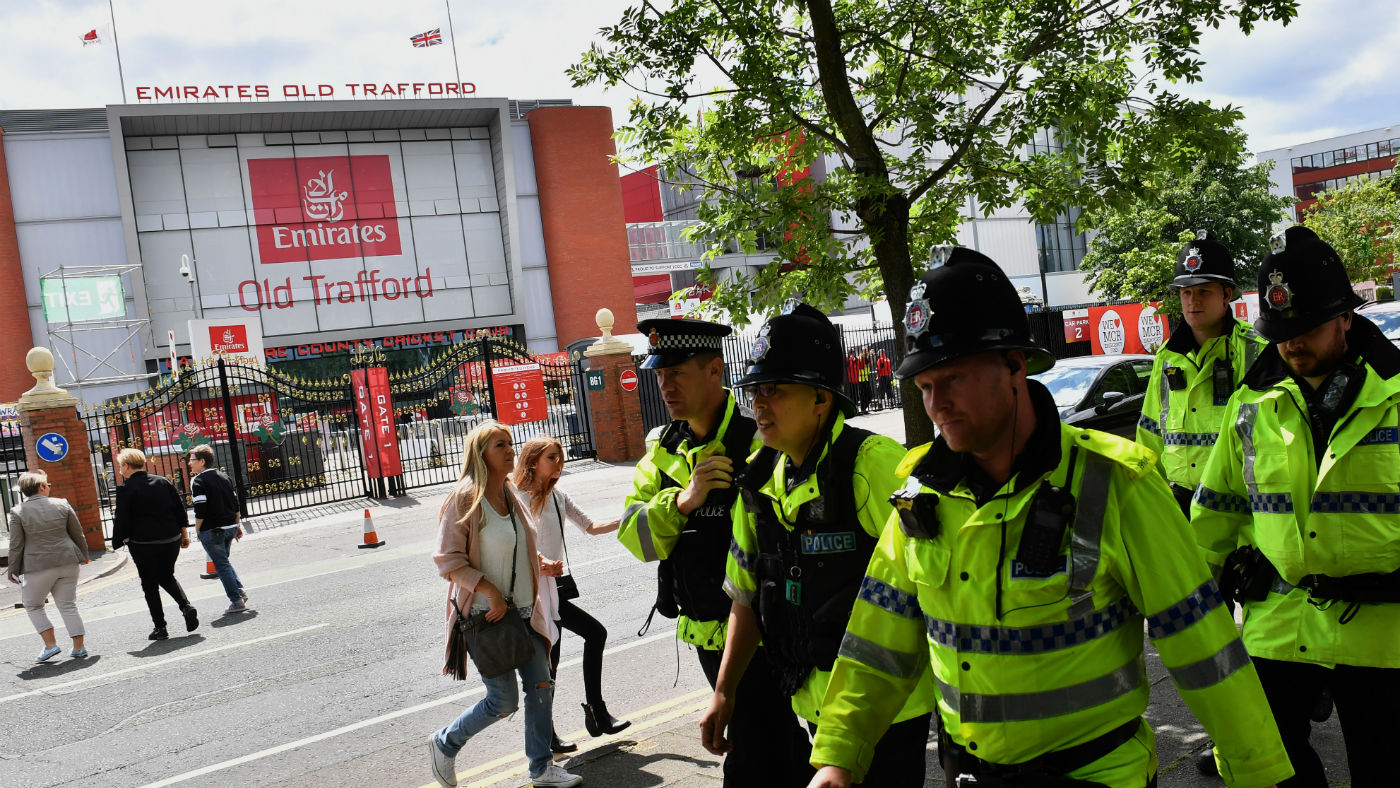
A free daily email with the biggest news stories of the day – and the best features from TheWeek.com
You are now subscribed
Your newsletter sign-up was successful
The Manchester Arena bombing and multiple London attacks drove the number of terror-related arrests in the UK to a record 379 over the past year, new figures show - but less than a third of those arrests led to terrorism charges.
The number of people detained in Britain on suspicion of terrorism offences in the 12 months ending 30 June 2017 is up by 68% on the previous year, the Home Office says.
Twelve of the arrests came after a man drove his car into pedestrians on London’s Westminster Bridge and then stabbed a policeman to death outside Parliament in March. A further 23 arrests followed the suicide bombing during an Ariana Grande concert at Manchester Arena in May.
The Week
Escape your echo chamber. Get the facts behind the news, plus analysis from multiple perspectives.

Sign up for The Week's Free Newsletters
From our morning news briefing to a weekly Good News Newsletter, get the best of The Week delivered directly to your inbox.
From our morning news briefing to a weekly Good News Newsletter, get the best of The Week delivered directly to your inbox.
A total of 21 people were detained after three Islamist militants drove into pedestrians on London Bridge before attacking and stabbing people at nearby restaurants and bars, resulting in eight deaths, in June. And there was one arrest following another attack in June, when a van was driven into worshippers near a mosque in north London, killing one man.
However, while the number of arrests soared to a record high, the majority did not lead to prosecutions. Only 123 people of the total arrested were charged with an offence, of which 105 were terrorism-related, according to the Home Office quarterly bulletin, released today. A further 189 people were released without charge, and the remainder were either on bail, or police investigations and other actions were ongoing.
Sky News home affairs correspondent Mark White said that, as a rule, while many people are initially arrested after a terrorist attack - including family members of the suspects - they may be released after questioning and investigations. He explained: “That’s why we’re looking at such a high number, but they are still pretty significant.”
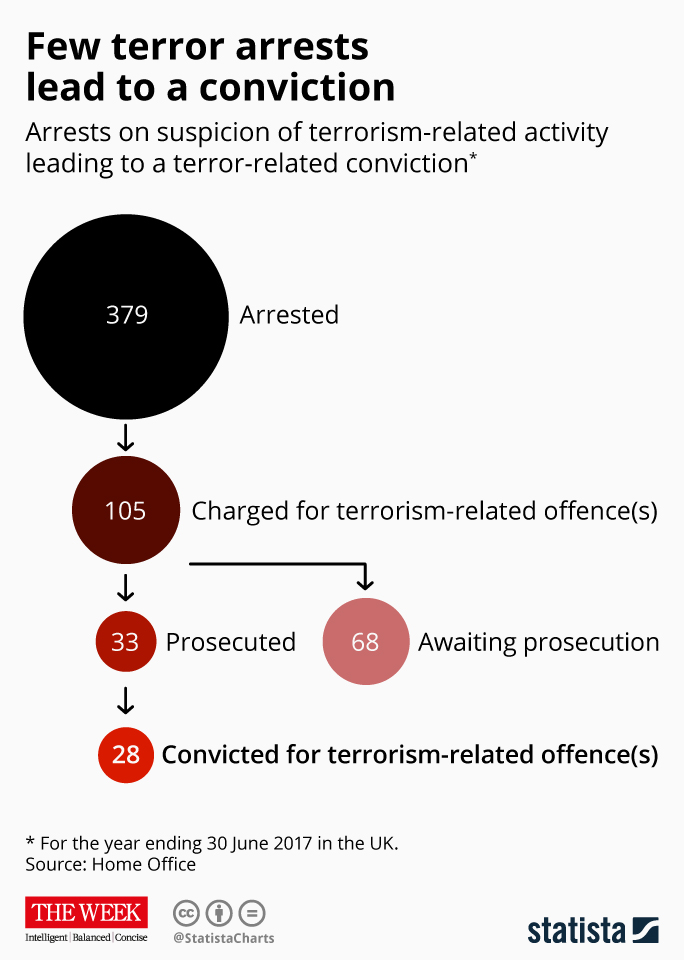
The police and MI5 are typically running about 500 investigations involving 3,000 individuals at any time, and at least 20,000 former “subjects of interest” are also kept under review, according to the Sky News website.
A free daily email with the biggest news stories of the day – and the best features from TheWeek.com
Mark Rowley, the UK’s most senior counterterrorism officer, told a conference in Israel this week that there has been a shift in the UK threat level, rather than an isolated spike. He said that in the three years up to March this year, police foiled 13 potential attacks, reports Reuters. In the next 17 weeks, however, there were the four attacks in Manchester and London, while authorities thwarted six others.
“The number of terrorist prisoners in British jails has also risen in the past year, by 35% to 204,” The Guardian reports. The Home Office said 91% of those prisoners held extreme Islamist views, while a further 5% had far-right ideologies.
Britain’s terror threat level remains at “severe”, the second-highest level, meaning an attack is highly likely.
Graphic created by Statista for The Week UK
-
 ‘Restaurateurs have become millionaires’
‘Restaurateurs have become millionaires’Instant Opinion Opinion, comment and editorials of the day
-
 Earth is rapidly approaching a ‘hothouse’ trajectory of warming
Earth is rapidly approaching a ‘hothouse’ trajectory of warmingThe explainer It may become impossible to fix
-
 Health insurance: Premiums soar as ACA subsidies end
Health insurance: Premiums soar as ACA subsidies endFeature 1.4 million people have dropped coverage
-
 How the ‘British FBI’ will work
How the ‘British FBI’ will workThe Explainer New National Police Service to focus on fighting terrorism, fraud and organised crime, freeing up local forces to tackle everyday offences
-
 How the Bondi massacre unfolded
How the Bondi massacre unfoldedIn Depth Deadly terrorist attack during Hanukkah celebration in Sydney prompts review of Australia’s gun control laws and reckoning over global rise in antisemitism
-
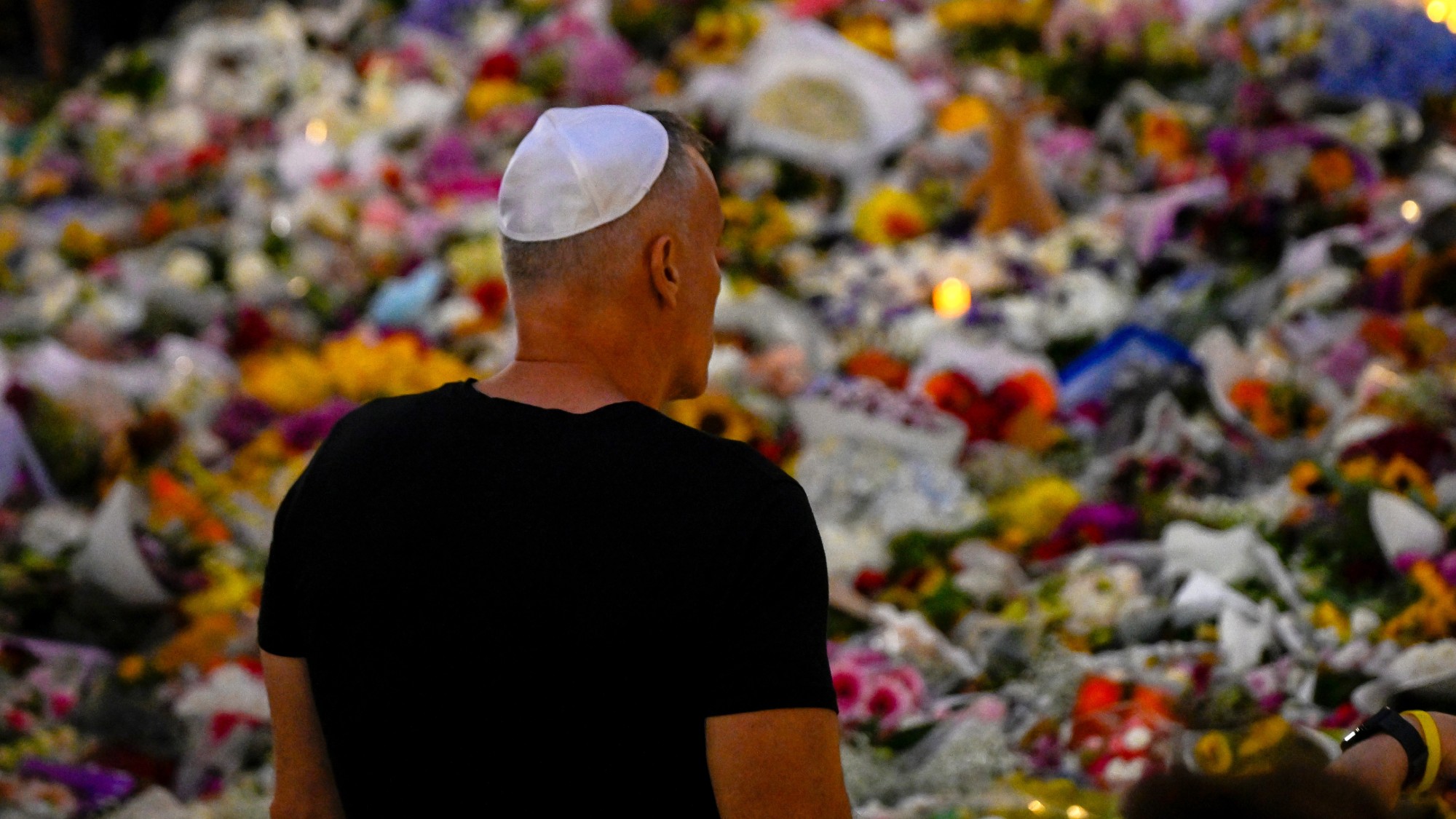 Who is fuelling the flames of antisemitism in Australia?
Who is fuelling the flames of antisemitism in Australia?Today’s Big Question Deadly Bondi Beach attack the result of ‘permissive environment’ where warning signs were ‘too often left unchecked’
-
 Ten years after Bataclan: how has France changed?
Ten years after Bataclan: how has France changed?Today's Big Question ‘Act of war’ by Islamist terrorists was a ‘shockingly direct challenge’ to Western morality
-
 Arsonist who attacked Shapiro gets 25-50 years
Arsonist who attacked Shapiro gets 25-50 yearsSpeed Read Cody Balmer broke into the Pennsylvania governor’s mansion and tried to burn it down
-
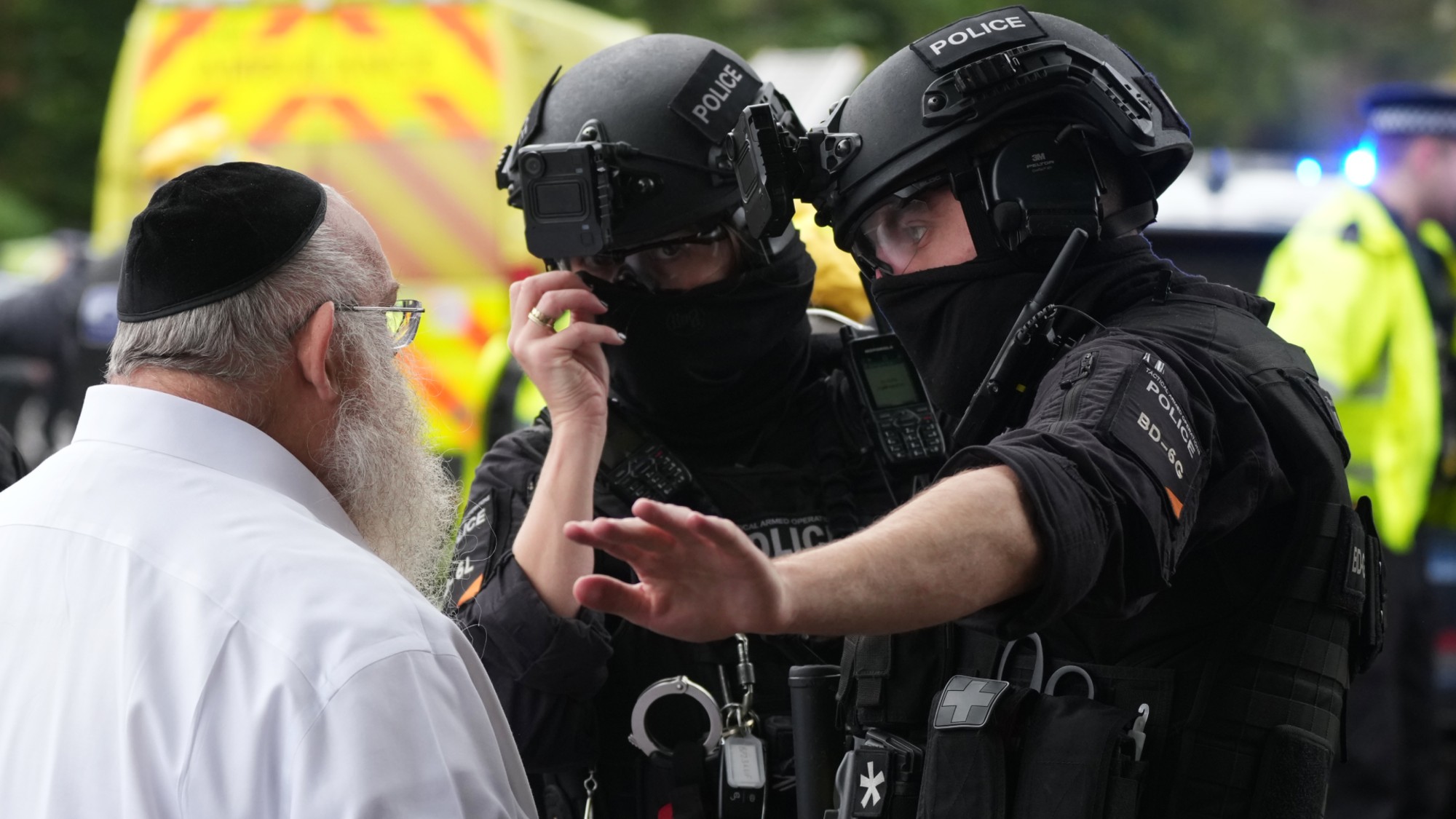 Manchester synagogue attack: what do we know?
Manchester synagogue attack: what do we know?Today’s Big Question Two dead after car and stabbing attack on holiest day in Jewish year
-
 The Miami Showband massacre, 50 years on
The Miami Showband massacre, 50 years onThe Explainer Unanswered questions remain over Troubles terror attack that killed three members of one of Ireland's most popular music acts
-
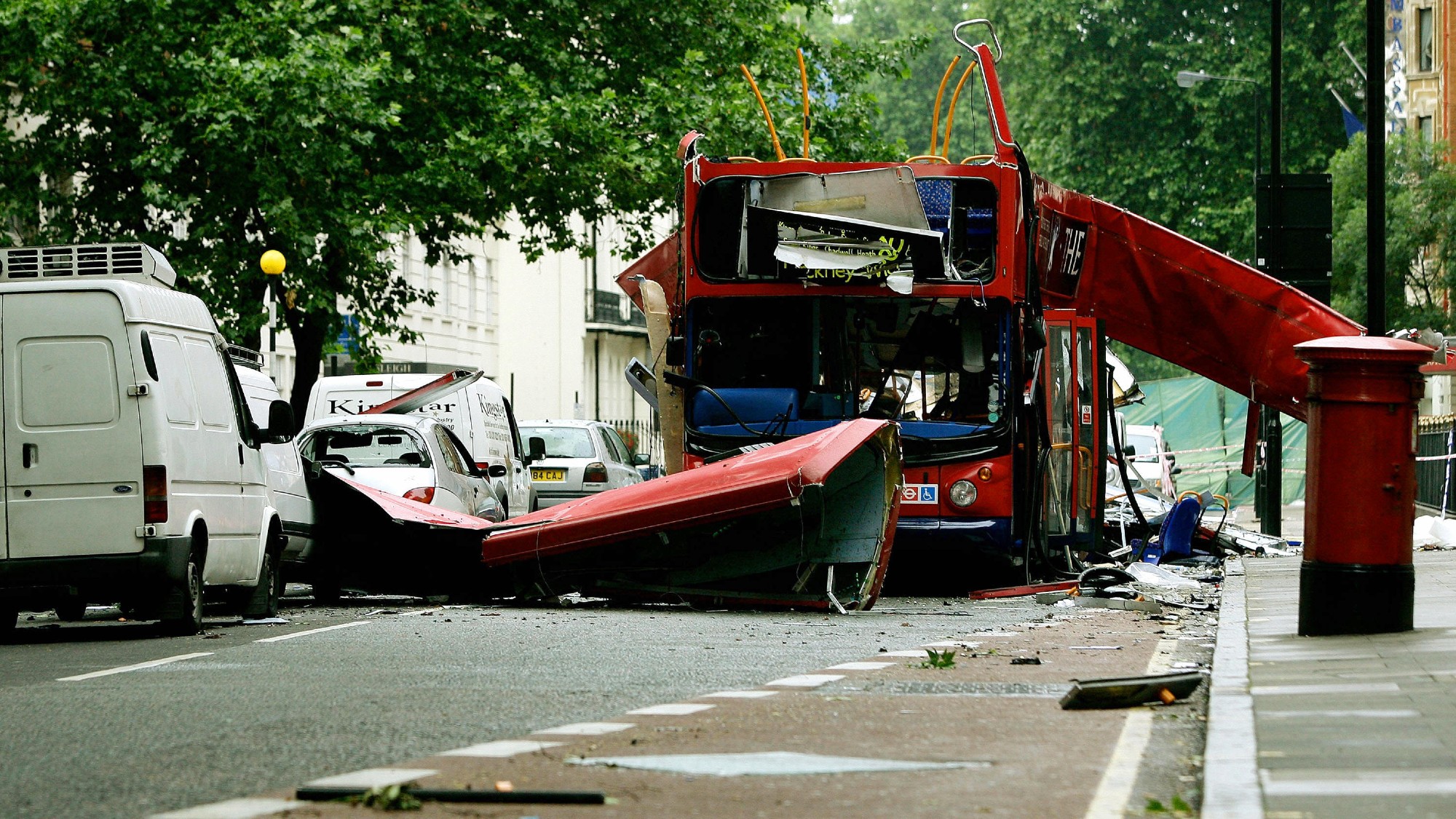 The failed bombings of 21/7
The failed bombings of 21/7The Explainer The unsuccessful attacks 'unnerved' London and led to a tragic mistake